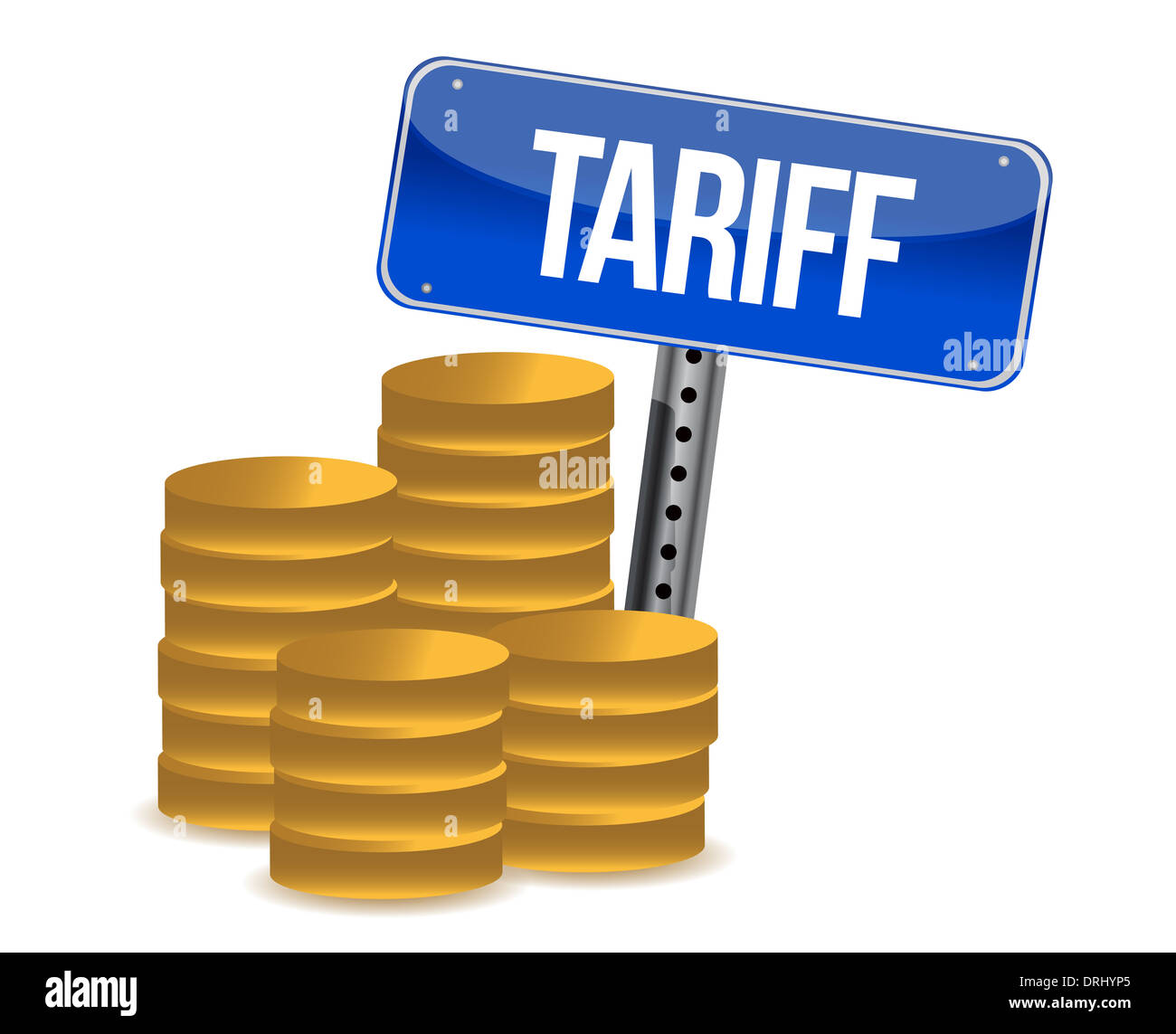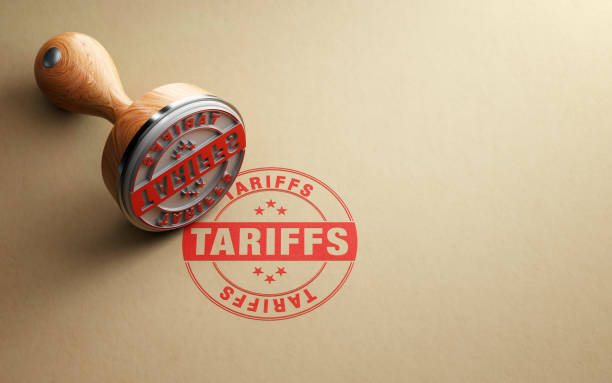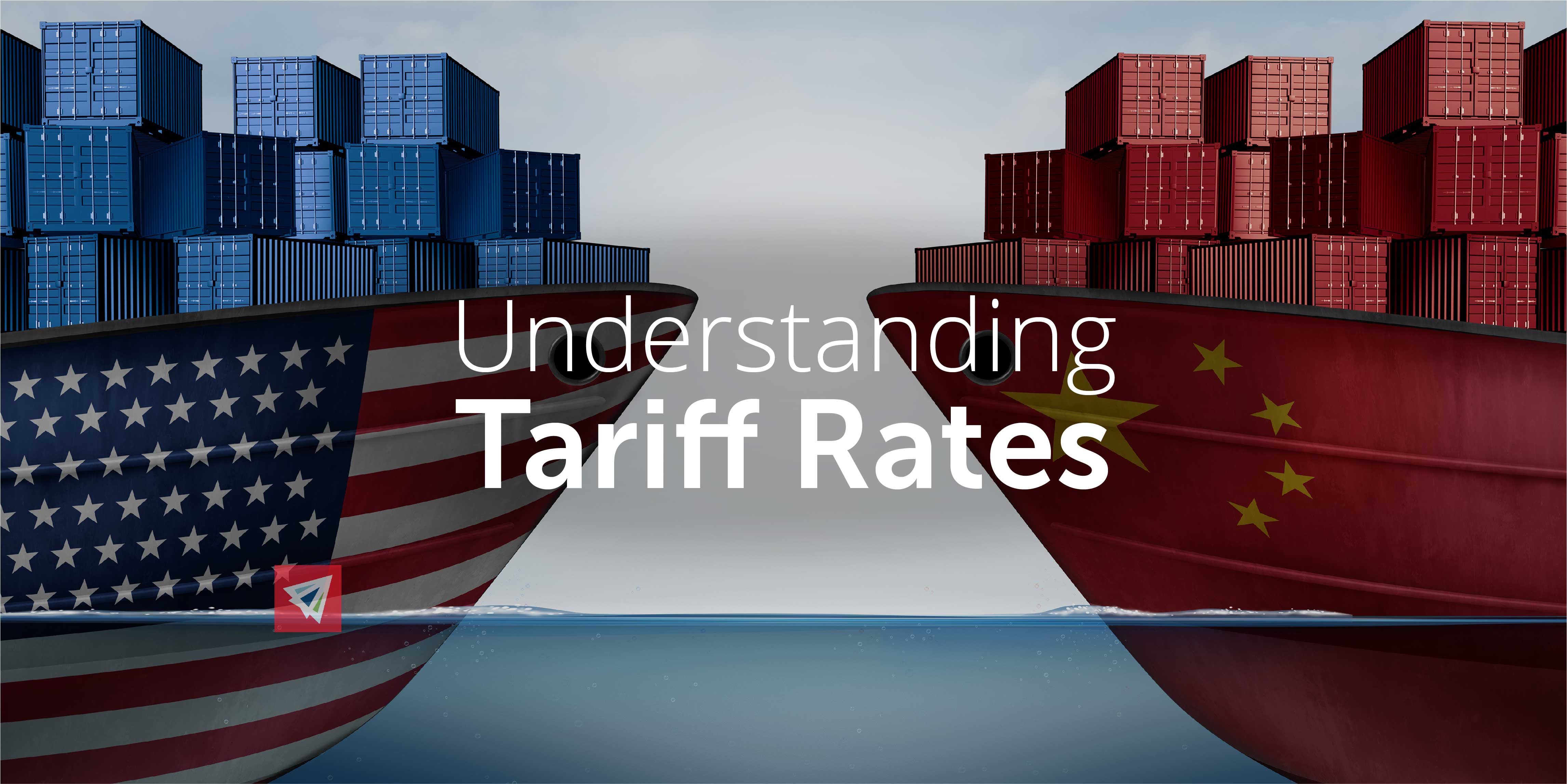Tariffs are a type of trade barrier that can have significant effects on international trade, businesses, and consumers alike. In this article, we'll delve into what tariffs are, how they work, and the impact they can have on your wallet.
What Are Tariffs?
A tariff is a tax or duty imposed by a government on imported goods or services from another country. The purpose of tariffs is to protect domestic industries by making foreign products more expensive, thereby making them less competitive in the market. Tariffs can be applied at various levels, including national, regional, or local.
How Do Tariffs Work?
When a country imposes a tariff on imported goods, it increases the cost of those goods for consumers and businesses that rely on imports. The tariff is typically calculated as a percentage of the good's value, and it's paid by the importer or exporter. For example, if a country imposes a 10% tariff on imported shoes, the price of those shoes will increase by 10%.
The Impact of Tariffs
Tariffs can have both positive and negative effects on different stakeholders:
Positive Effects:
+ Protects domestic industries: Tariffs can help preserve jobs and stimulate economic growth in industries that compete with foreign imports.
+ Boosts revenue: Tariffs generate revenue for the government, which can be used to fund public programs or reduce national debt.
Negative Effects:
+ Increases costs: Higher prices for imported goods can lead to higher costs for businesses and consumers, reducing purchasing power and increasing inflation.
+ Reduces competitiveness: Tariffs can make domestic products more expensive than foreign alternatives, making it harder for domestic industries to compete in global markets.
+ Hurts exports: Tariffs imposed by other countries on U.S. imports can harm American exporters, as they'll face higher costs when shipping goods abroad.
Real-Life Examples of Tariffs
Tariffs have been a hot topic in recent years, with the United States imposing tariffs on various countries and vice versa. Here are some notable examples:
U.S.-China Trade War: In 2018, the U.S. imposed a 25% tariff on $250 billion worth of Chinese imports to address concerns over intellectual property theft and forced technology transfer. China retaliated with tariffs on U.S. goods.
European Union Steel Tariffs: The EU imposed a 25% tariff on steel imports from the United States, Turkey, and others in response to U.S. steel tariffs.
What Can You Do About Tariffs?
While individual consumers have limited control over trade policies, they can take steps to adapt to changing market conditions:
Diversify your investments: Consider investing in a mix of domestic and international assets to minimize the impact of tariffs.
Keep an eye on prices: Monitor price changes for goods you import or consume regularly. If prices rise due to tariffs, consider alternatives or adjust your budget accordingly.
Support companies that source domestically: Encourage businesses that prioritize domestic sourcing by choosing their products over foreign competitors.
Tariffs can have far-reaching consequences for international trade, businesses, and consumers. Understanding how tariffs work and their potential impact on your wallet can help you make informed decisions about investments, spending, and career choices. Stay informed, stay adaptable, and remember that tariffs are just one aspect of a complex global economy.









